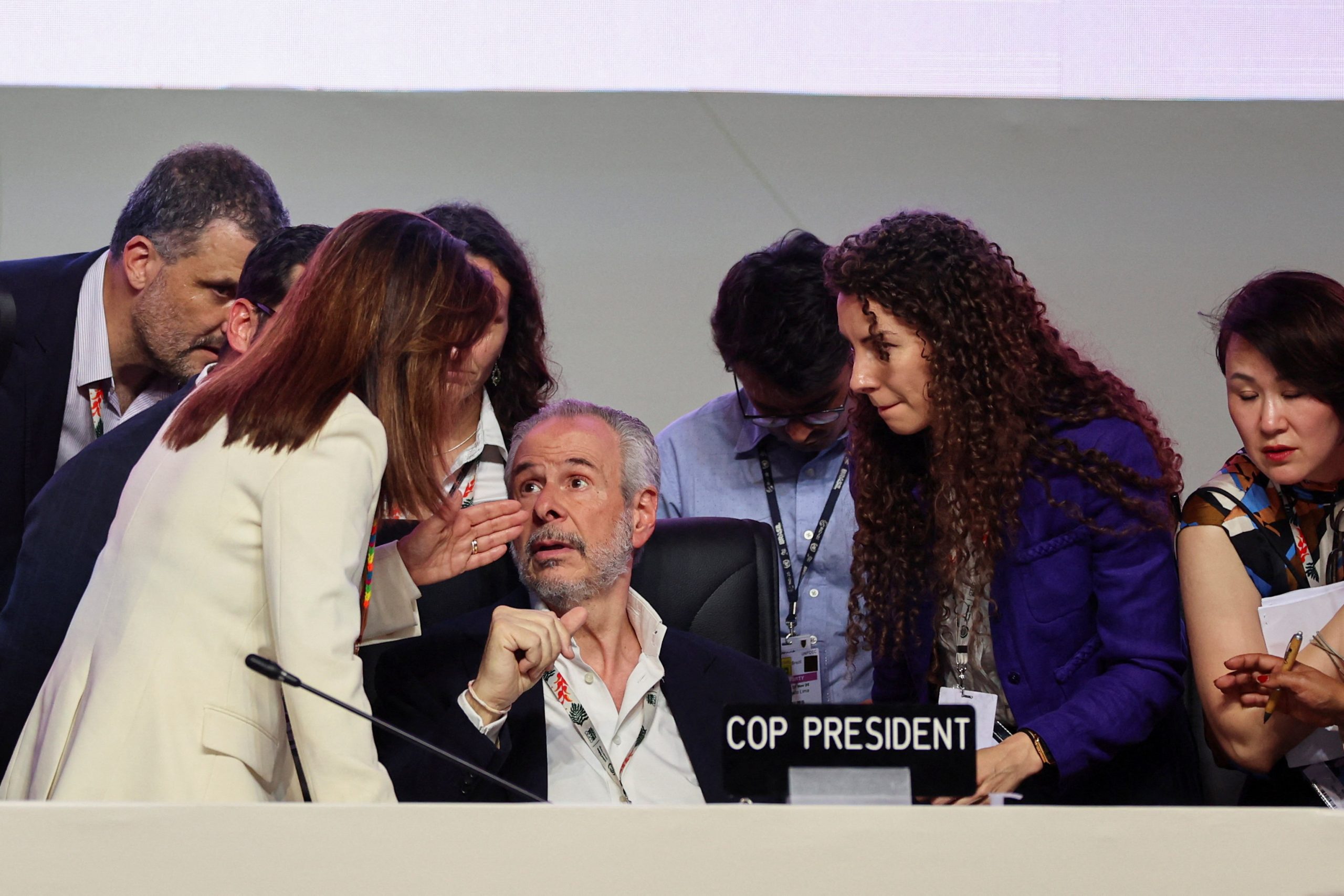Pacific climate advocates say COP30 delivered progress on just transition policies but failed to confront the root cause of the climate crisis after negotiators once again left without a global plan to end fossil fuels.
The summit agreed to establish the Belém Action Mechanism (BAM), a framework aimed at guiding a just and orderly shift to renewable energy with strong language on Indigenous rights. While welcomed, activists say the mechanism lacks meaning without a concrete, time-bound roadmap to wind down coal, oil and gas.
Finance for adaptation again emerged as a major failure, with wealthy nations declining to commit figures or deadlines. Negotiators pushed finance clarity back to 2035, further straining last year’s balanced finance goal.
“With the Just Transition Mechanism we’re seeing progress, but without a plan to phase out coal, oil and gas, we’re stagnating at a time when our islands can’t afford even a small amount of delay,” said Fenton Lutunatabua, 350.org Pacific Team Lead.
“The COP30 statement does not mention a plan to end fossil fuels, nor does it allocate sufficient finance for frontline communities.”
“We need to address the obvious cause of the climate crisis and make sure our people are able to survive it. The closing window on 1.5°C means we’re walking a fine line here between survival and climate catastrophe.”
Suluafi Brianna Fruean, 350.org Pacific Council Elder, said the “outcome isn’t everything we wanted, but it’s a step forward.”
“The problem with the climate crisis though is that the chasm between us and survival isn’t a single step. We need a leap in implementation.”
“I know our leaders fought hard for the Just Transition mechanism and the pathway to renewable energy, and we’re going to keep fighting to get the finance we need. Above all, the fight to keep fossil fuels in the ground and the planet below 1.5°C continues.”



